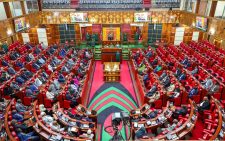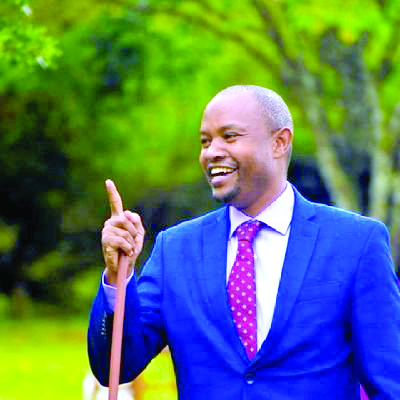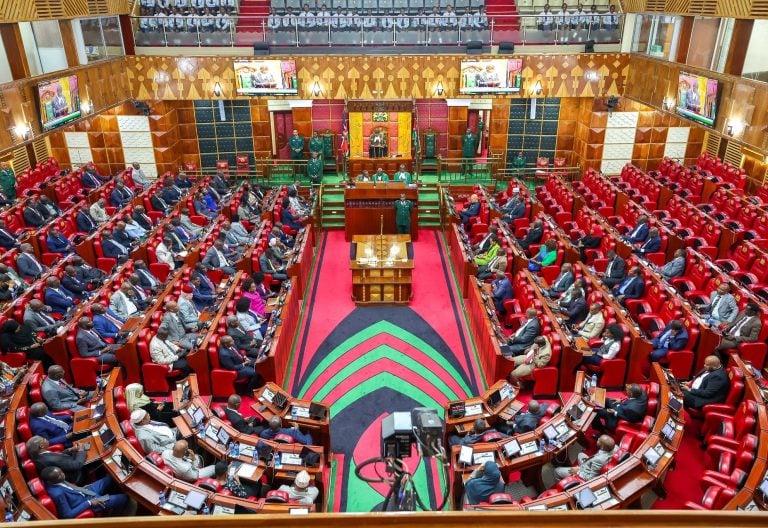Whatever happened to Assets Recovery Agency?

The Ethics and Anti-Corruption Commission (EACC) has chalked up a list of successes in recent days in recovery of proceeds of crime.
The most memorable is the ongoing attempts to recover 18 acres of grabbed land meant for Kibuye Market in Kisumu.
Courts have also kicked in and have been very obliging whenever EACC presents these cases for recovery. As a consequence, EACC has been able to seize and have such proceeds forfeited. They include millions of shillings and public land grabbed across the country.
For a while soon after the Government of President William Ruto took office, there was huge disquiet that the fight against corruption was being rolled back. Several high profile cases where individuals whose money had been confiscated and forfeited to the State were voided by the courts and monies returned, with EACC and Office of the Director of Public Prosecutions acting as cheerleaders.
Thankfully, these institutions seem to have recovered their footing after seemingly almost becoming derailed, and are back in full force.
Kenyans are of one accord. If one wants to do business, they should come out openly and face the storm that is doing business, not hide in the civil service. Public servants should stop pretending to be businesspeople, abusing their offices to amass millions, while cushioned by a monthly paycheck.
They then proceed to “vomit on our shoes,” as the former UK envoy to Kenya, Sir Edward Clay put it, as they flaunt extravagant lifestyles on stolen money. This has created a very distorted, or “hunchbacked” economy. In the meantime, the “true” businesspeople who have supplied Government remain unpaid for years, and are bankrupted by their own Government.
The Government must force public servants to decide- live within your salary or quit! EACC can greatly assist Kenya to autocorrect this hunchbacked economy by ensuring, through forfeitures, that public servants who abuse their offices never get to enjoy their ill-gotten gains.
It is an aberration that the richest people in the country are public servants, and the poorest are businesspeople. How? In well-structured economies that are working, businesspeople are the richest, and the work of the public servants is to help more people become successful in business. These businesspeople in return employ people, create wealth, pay taxes and grow the economy. This enables the Government to pay public servants well with good benefits.
Public servants should not be allowed to run businesses while in office because there will be conflict of interest, and they will favour their businesses. Inevitably! Correcting this wrongly formed economy is now the most critical task facing the country- getting public servants to service the public and not themselves. It needs all hands on deck. Otherwise this economy will stutter in fits and starts forever.
And that is why the virtual “disappearance” of the Asset Recovery Agency (ARA) is of great concern. ARA was formed with the express mandate of identification, tracing, freezing, seizure and confiscation of proceeds of crime. Asset recovery is the job of ARA, specifically mandated and its capacity to do the job strengthened by the Proceeds of Crime and Anti-Money Laundering Act No.9 of 2009.
Under Muthoni Kimani as Director, ARA was extremely busy- and increasingly successful. In fact, during her tenure, EACC was nowhere in asset recovery because ARA was doing a fantastic job. Under Col. Alice Mate, who took over from Kimani, ARA has just gone underwater.
Indeed, then EACC was able to focus on investigations and prosecutions of corruption cases, its true mandate. It now has apparently been forced to take up the slack left by ARA in asset recovery.
The new ARA chief has big shoes to fit into. So far, all indications are that the task has proved insurmountable!











